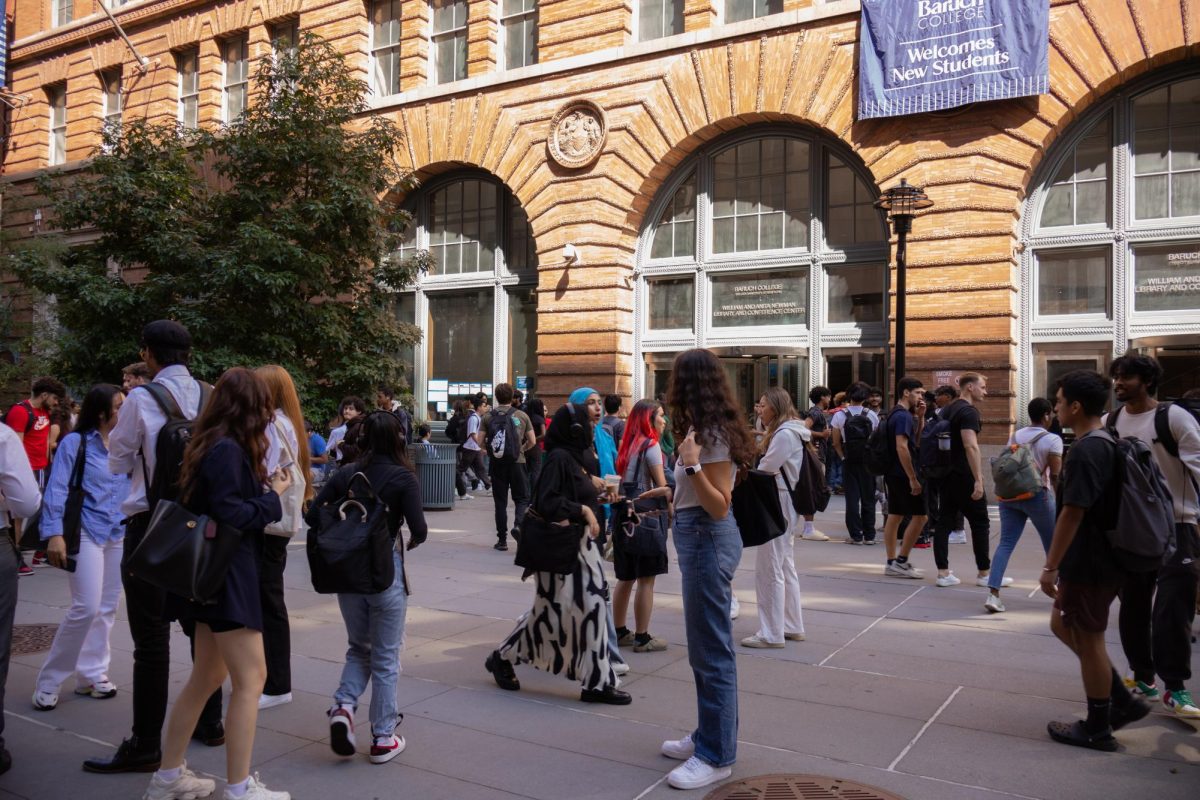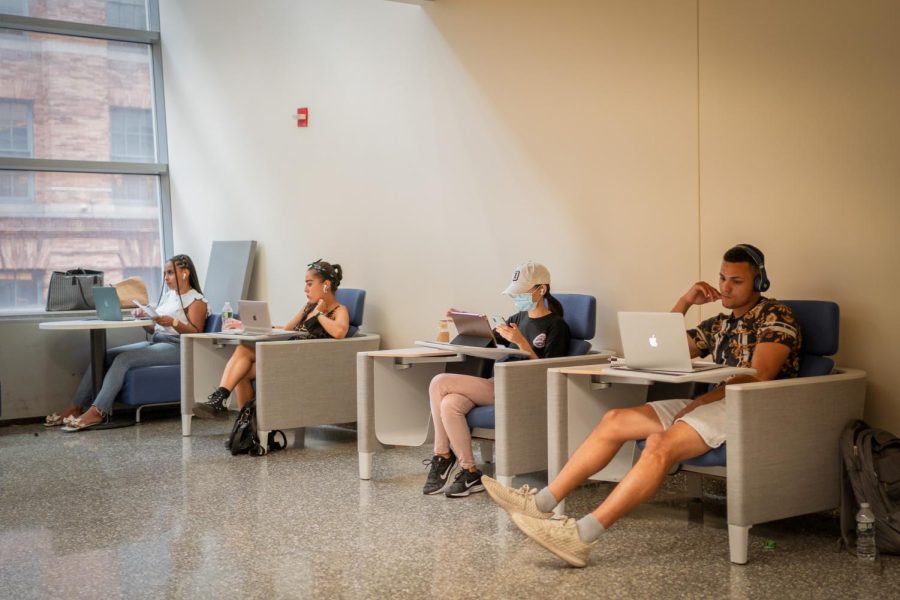Baruch College’s decision to resume in-person learning starting Oct. 2 was too soon as ongoing connectivity issues and non-operational systems persisted the following week, impeding learning.
Returning to in-person learning is a superficial solution. While prematurely bringing students back on campus may help the college look better publicly, it did not help students learn. Contending with internet connectivity issues is more disruptive to learning than conducting class virtually.
After two years of remote learning due to COVID-19, Baruch was fully capable of extending online classes for the short period needed to completely resolve the internet issues.
Instead of bringing students back on campus, instruction should have been remote until a full internet connection was restored.
Although connectivity was partially restored, many students and faculty still experienced technological difficulties.
In an email titled ‘Phased Return to On-Campus Learning on Monday,’ Baruch announced the return to on-campus classes.
“We encourage you to bring your cell phone fully charged to campus in case you need to access the internet through your cell service,” Baruch’s academic advisement department recommended.
While virtual learning is not ideal, expecting students to use their cell service for internet access is unfair. Many students need access to high-speed or unlimited Wi-Fi and campus is their only access to internet connectivity.
Being on campus while having virtual classes, meetings and work without adequate connectivity prevents students from fulfilling their academic and professional responsibilities.
Additionally, students were also expected to complete on-campus exams online despite the connectivity issues and to turn in SAM projects for the Zicklin core classes.
It is unreasonable to expect students to submit and complete these assignments when they are on a campus that does not have stable internet.
These exams and assignments should have been postponed until the technology issues were fully resolved.
Baruch’s “phased” approach to returning support staff and student activities to campus also disadvantaged students.
The Office of Student Life informed club leaders that all in-person events from Oct. 2 to Oct. 6 would be canceled in a separate email on Sept. 29. It advised clubs to work with OSL advisors to make events online and postpone any vendor orders.
Despite celebrating that resources were accessible virtually, Baruch essentially cut students off from these resources by mandating the return to in-person instruction. The connectivity issues created difficulty for students on campus who wanted to join virtual meetings and events.
Continuing remote instruction would have better-supported students. Students have enough to deal with, often juggling academic, professional and family responsibilities.
Forcing on-campus learning when the technology infrastructure is not yet capable of supporting it creates an additional unnecessary obstacle.












